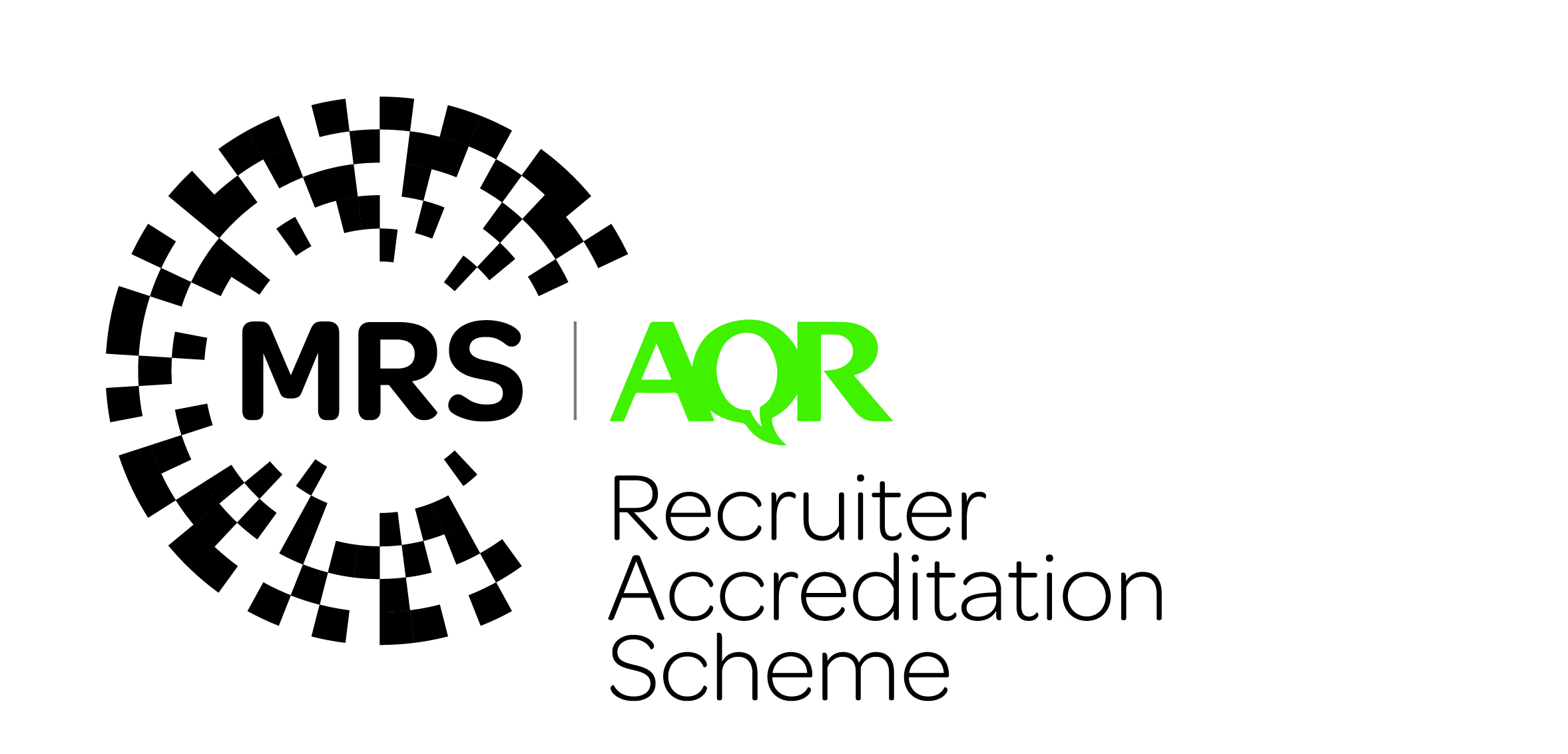All MRS websites use cookies to help us improve our services. Any data collected is anonymised. If you continue using this site without accepting cookies you may experience some performance issues. Read about our cookies here.
You are currently not logged in. Any progress made will be lost.
The MRS Code of Conduct requirements
It is also important to understand that there are ethical requirements within the MRS Code of Conduct which underpin how samples including inclusive data are determined, gathered and reported.
The MRS Code of Conduct (2019) contains several requirements covering design, data collection and reporting which are relevant to collecting, using and reporting sex and gender identity data. The following are the key requirements:
Design: The MRS Code of Conduct requires practitioners to design research to the specification agreed with clients and to ensure that any data collection is fit for purposes and appropriate for the audience being analysed. When collecting participant data practitioners must not harm or adversely affect participants.
- Rule 9: Members must take all reasonable precautions to ensure that participants are not harmed or adversely affected by their professional activities and ensure that there are measures in place to guard against potential harm.
- Rule 11. Members must take reasonable steps to design projects to the specification and/or quality standards agreed with clients.
Data Collection: The MRS Code of Conduct requires participants to be able to express their views, in a way which they prefer and with the option to not respond. Rule 28 covers 8 requirements of particular relevance are the first two:
- Rule 28. Members must take reasonable action when undertaking data collection to ensure all of the following:
- a) that data collection processes are fit for purpose and clients have been advised accordingly;
- b) that the design and content of data collection processes are appropriate for the audience being analysed…
See the four MRS Best Practice Guides on Collecting Sample Data for more detail:
- MRS Best Practice Guide: Collecting Data on Sex and Gender
- MRS Best Practice Guide on Collecting Sample Data on Physical Disabilities and/or Mental Health Conditions
- MRS Best Practice Guide on Collecting Ethnicity Sample Data
- MRS Best Practice Guide on Collecting Sample Data on Sexual Orientation
In order for samples to be properly reported it is essential that recruiters correctly gather and record demographic data about participants, and that all relevant inclusive data is correctly gathered. However, there are additional considerations, including how to ask the questions when gathering the data.


